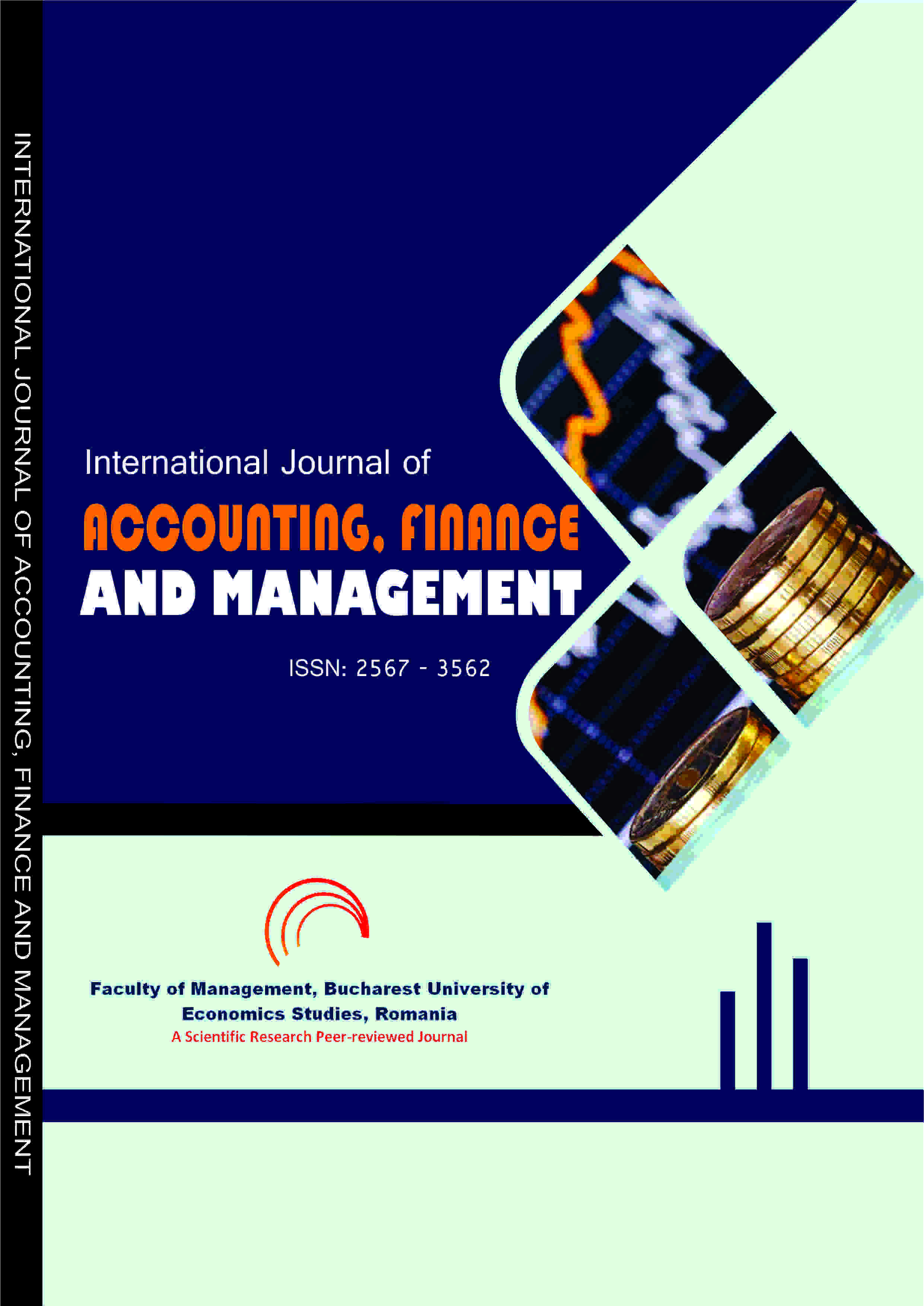INTERNATIONAL JOURNAL OF ACCOUNTING, FINANCE AND MANAGEMENT (IJAFM)
CHALLENGES THAT CRYPTOASSET ANONYMITY CREATES FOR TAX ADMINISTRATION
E-ISSN: 5669-4522
P-ISSN: 2567-3562
DOI: https://iigdpublishers.com/article/280
The virtual currency market has grown significantly worldwide in the last decade. Innovations have made it necessary for the concept of cryptocurrencies to be
broadened to include so-called “cryptoassets”. Countries differ in their legal frameworks for the taxation of cryptoassets and in how they address the challenges
that cryptoassets create for tax administration. The pseudonymity of cryptoassets presents the biggest challenge when tax administrations are attempting to properly enforce tax compliance and counter tax evasion. This article provides an overview of the existing legislation addressing the pseudonymity of cryptoassets with an emphasis on the European Union (EU)’s Anti-Money Laundering Directive 5 (AMLD5) and the United States’ Foreign Account Tax Compliance Act (FATCA). It argues that both legislations have limitations in respect of their coverage of all stakeholders involved in the cryptoasset market, and provides insights into recent public consultations by the Organisation for Economic Development (OECD) and proposed legislation by the EU on the matter. Finally, it raises the question of whether or not a coordinated effort at the global level would be the best approach to take in order to address a problem that is common across tax administrations around the world: the pseudonymity of cryptoassets.
Sergio Avalos
Ahmed, M. (2021). Cryptocurrency tax compliance in the European Union: Reality or
mirage? European Taxation, 61(11). https://doi.org/10.59403/2hchvwm
Androulaki, E., Karame, G. O., Roeschlin, M., Scherer, T., & Capkun, S. (2013). Evaluating user privacy in Bitcoin. In A. R. Sadeghi (Ed.), Lecture notes in computer science: Vol.7859: Financial cryptography and data security, FC2013 (pp. 34–51). Springer. https://doi.org/10.1007/978-3-642-39884-1_4
Annunziata, F. (2020). Speak, if you can: What are you? An alternative approach to the qualification of tokens and initial coin offerings. European Company and Financial Law Review, 17(2), 129–154. https://doi.org/10.1515/ecfr-2020-0007
Bal, A. M. (2013). Stateless virtual money in the tax system. European Taxation, 53(7), 351– 356.
Bal, A. (2014a). Should virtual currency be subject to income tax? SSRN. https://doi.org/10.2139/ssrn.2438451
